Potential Impact of a Trump Victory in the 2024 US Election on Global Trade
As financial markets, corporate leaders, and investors prepare for the outcome of the upcoming US presidential election, a major area of concern revolves around Donald Trump’s approach to international trade.
Companies are proactively developing contingency strategies, anticipating that a Trump victory on November 5 could lead to the implementation of substantial tariffs—potentially reaching 60% on imports from China and a basic 10% on other foreign goods entering the United States.
During a recent rally in Pennsylvania, the Republican candidate emphasized his intention to enact the “Trump Reciprocal Trade Act,” warning that European Union nations would face significant penalties for not importing enough American products.
Market participants worry that these tariffs could disrupt global supply chains and provoke retaliatory measures from other nations, inevitably leading to increased costs and a ripple effect on the global economy.
US Economic Consequences
The proposed tariffs by Trump are projected to cause “significant collateral damage to the US economy,” as per analysis from the Peterson Institute for International Economics. Their researchers estimate that, at the lower end, these tariffs would reduce after-tax incomes for lower-income families by approximately 3.5% and impose a tax burden of at least $1,700 annually on middle-income households.
Manufacturers of apparel, sporting goods, and auto parts have indicated intentions to pass tariff-related costs down to consumers. Columbia Sportswear Company, a major American retailer that sources products from 15 different countries, is preparing for these changes by stocking up for next autumn.
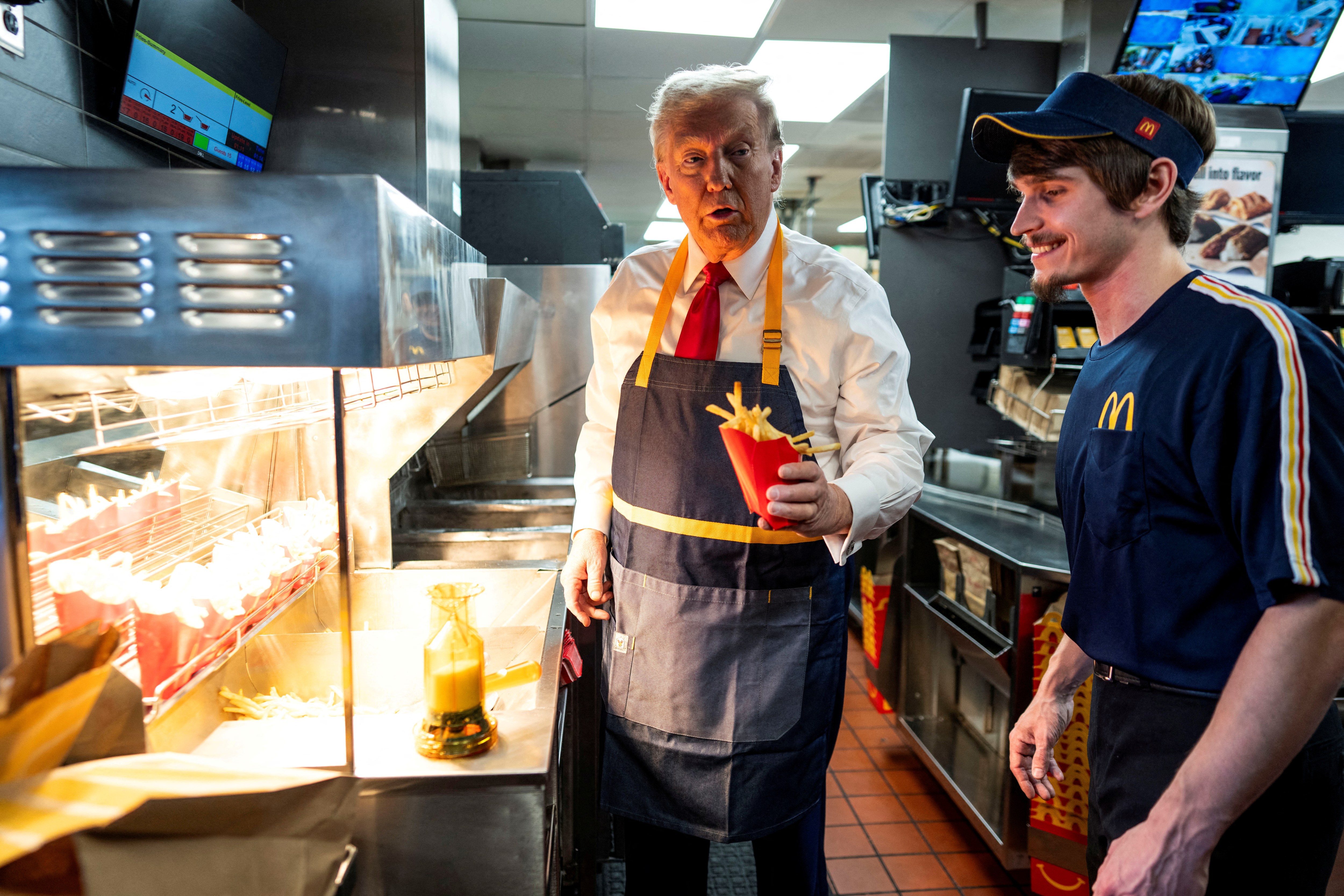
Economists express skepticism regarding the ability of tariffs to bolster job creation within the domestic workforce. During Trump’s initial trade conflict in 2018, he imposed tariffs of up to 25% on $360 billion worth of Chinese goods in an effort to drive manufacturing back to the US. However, by 2019, the Federal Reserve reported a 1.4% decline in manufacturing jobs as a direct consequence of these tariffs.
The Tax Foundation, a neutral economic think tank, indicated that Trump’s proposed tariff hikes could increase taxes by an additional $524 billion each year and result in a loss of about 684,000 full-time equivalent jobs. Their analysis did not account for retaliatory impacts, which could further harm the economy and initiate a global trade war. The London School of Economics estimates that these tariffs might lead to a GDP slowdown of 0.64% in the United States.
US Financial Markets
Economists consider the anticipated tariffs to be inflationary, potentially disrupting expectations that the Federal Reserve will pursue further interest rate cuts.
Investors have intensified bets on a Republican sweep of both Congressional chambers and the presidency, as this scenario would likely increase the likelihood of tariff elevations.
Market participants are purchasing long-dated options on interest rate swaps, a strategy allowing them to pay a fixed rate while receiving a floating rate, which is advantageous when interest rates are projected to remain elevated.
Short-term predictions suggest that a victory for Trump would likely elevate US stock prices, buoyed by prospects of reduced corporate tax obligations.
However, Stuart Kaiser, head of equity trading strategy at Citigroup, cautioned that inflationary tariffs could result in increased US interest rates. “While it is not our primary prediction, it is a significant risk factor,” he noted. Rising concerns over long-term fiscal issues and inflation could lead to quickly escalating long-term yields, negatively affecting investor sentiment regarding US stocks.
Impact on the European Economy
Trump’s criticisms of the European Union during a recent rally included remarks on the imbalance of automotive imports and exports, stating, “They need to pay a price.”
Airbus, Europe’s largest aerospace manufacturer, announced its readiness for possible new US tariffs on imports, which would raise costs for airline customers.
Tariffs could also affect Scotch whisky producers and car manufacturers such as Jaguar Land Rover, which sell in the US but produce overseas, as per Duncan Edwards, CEO of BritishAmerican Business.
“Many are already strategizing for these potential tariffs,” he remarked.
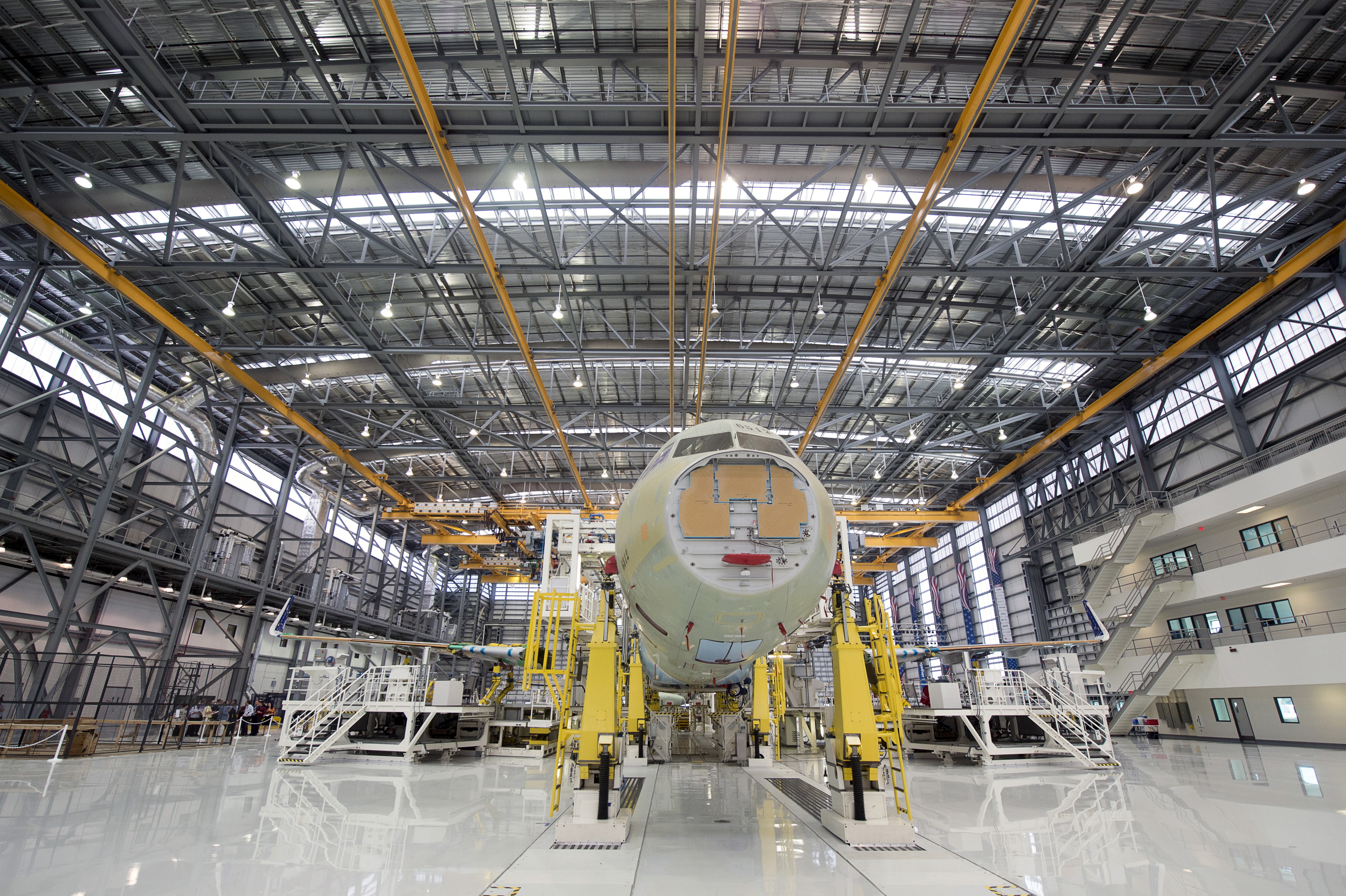
LSE economists predict that the EU would only face a 0.11% drop in GDP from tariffs, much less severe than the impacts predicted for the US or China.
However, the overall effect conceals significant regional disparities within Europe. Germany, with its large automotive sector, could experience a GDP reduction of approximately 0.23%, exceeding the EU average. In contrast, Italy and France, less reliant on US markets, might witness GDP declines of merely 0.15% and 0.01%, respectively.
Thanks to previous experiences with imports from the US during Trump’s first term, several European firms, particularly in machinery, have already adjusted supply chains, allowing them to withstand potential US tariffs more effectively.
The LSE study estimated that the UK would align closely with the European average, potentially facing a 0.14% hit to its GDP. Analysts at Peel Hunt identified UK industries, including those producing consumer goods, as particularly susceptible to US tariffs, given their considerable revenue derived from the US.
However, many UK businesses are more concerned with the possibility of broader trade conflicts with China than with impending US tariffs.
British retailers, which typically wouldn’t be directly affected by US tariffs, could feel repercussions from a trade war, especially if they source many goods from China. Additionally, numerous UK-listed mining companies that export to China would be impacted negatively by a trade conflict.
China’s Economic Outlook
The potential imposition of comprehensive US tariffs on global imports could significantly hinder worldwide economic growth in the long run, according to Justin Onuekwusi, Chief Investment Officer at St James’s Place.
“Tariffs on China, for instance, have notably decreased US-China trade figures over the past few years, exacerbating trade deficits with other nations,” he noted.
China’s economy could bear the brunt of Trump’s proposed tariffs, suffering an anticipated GDP decline of 0.68%, whereas countries like India, Indonesia, and Brazil might experience negligible GDP effects of under 0.1%.
Will Trump Implement These Tariffs If Elected?
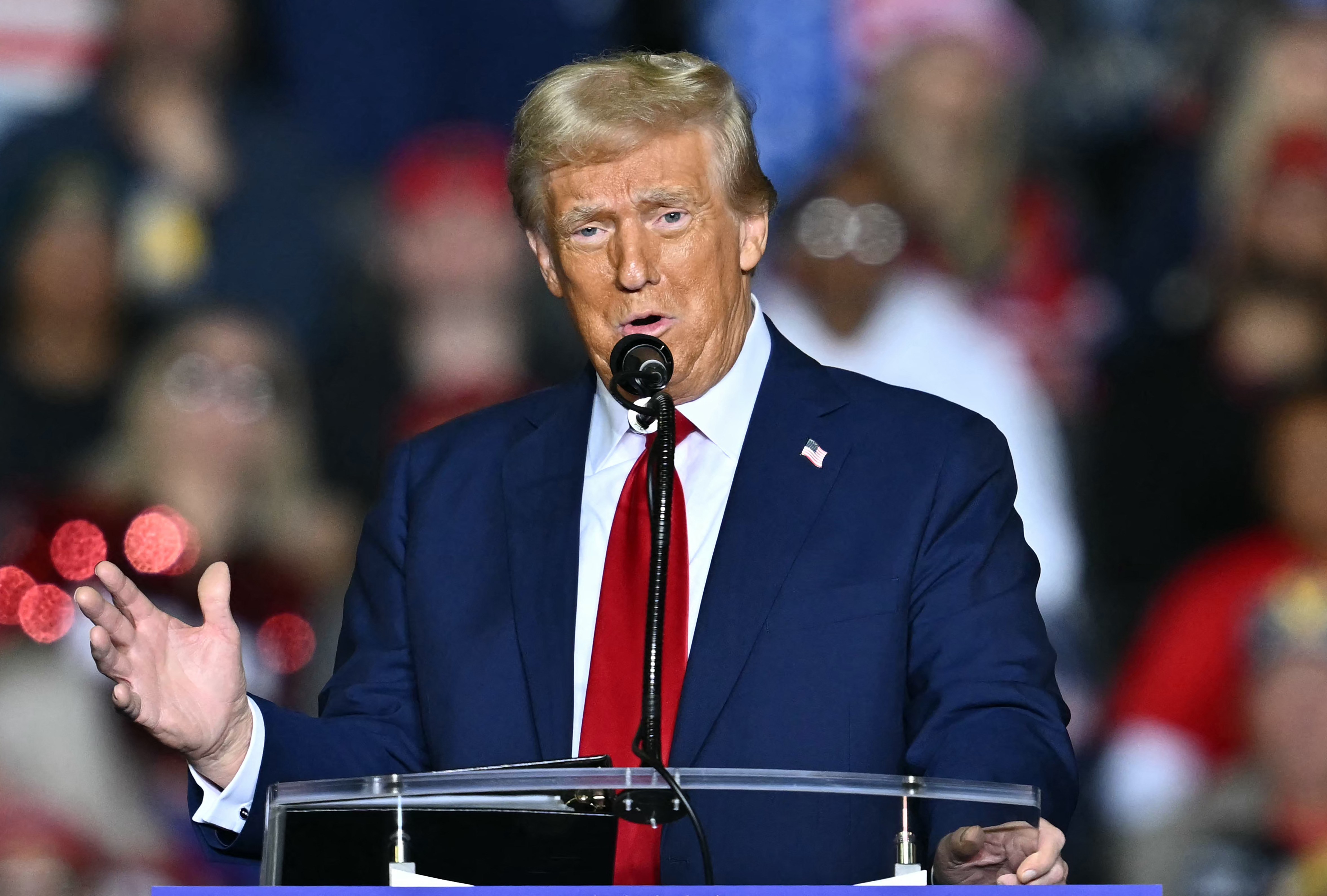
Apart from predicting Trump’s election outcomes, a significant concern is whether he could legally establish universal tariffs.
The US Constitution primarily allocates trade authority to Congress; however, over time, some powers have shifted to the president. Should he wish to, Trump can invoke Sections 301 and 232 of the Trade Act to apply tariffs due to unfair trade practices or national security threats.
These provisions were used during his previous term, while the International Emergency Economic Powers Act could permit broader trade restrictions after declaring a state of emergency.
Trump had previously threatened Mexico using these powers in 2019 but retreated. Claiming a national emergency for all imports could face judicial scrutiny, leaving uncertain outcomes for Trump.
Implications of Trump’s Tariffs for UK Companies
What would potential tariffs under Trump’s presidency imply for UK equities? According to Barclays, ‘defensive stocks,’ characterized by consistent demand, thrived in 2018 when tariff discussions were first introduced.
Several major firms in this sector are based in London and could encounter notable challenges if Trump secures the presidency next week.
Diageo
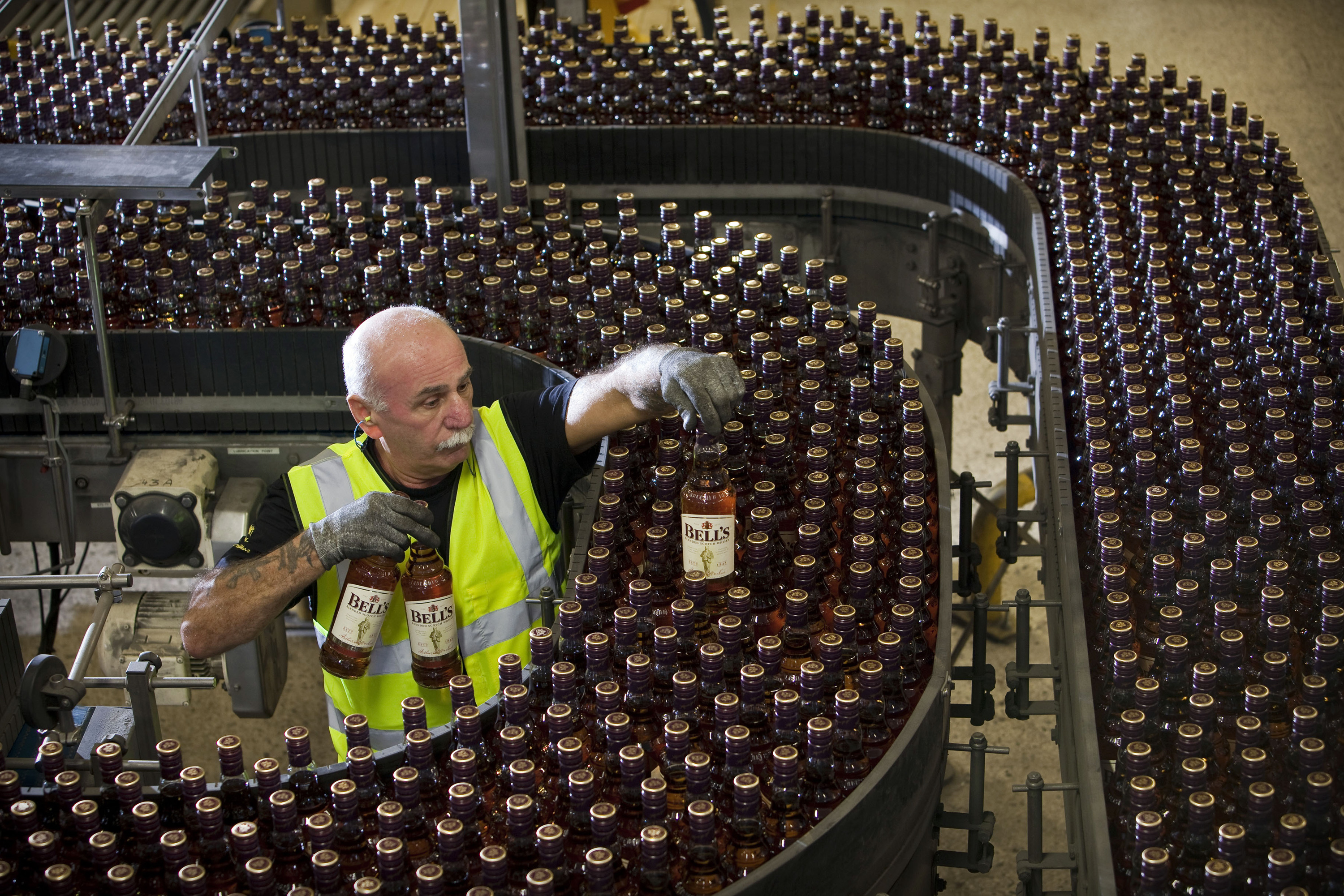
Last year, North America was Diageo’s most significant market, accounting for over one-third of total net sales, primarily from spirits.
Analysts at UBS project that 79% of products in this sector are imports, with approximately 14% sourced from the UK. They estimate that a 10% to 20% tariff could reduce the company’s earnings before interest and tax by around 4% if fully absorbed.
However, they believe Diageo may be less exposed than rivals Cameron and Remy, purveyors of cognac, which they estimate import nearly 90% of their products from Europe.
The company hopes that the British government will advocate for it in any trade disputes, especially concerning industries like Scotch.
Croda International
According to Barclays, British specialty chemicals firm Croda International generates about 21% of its sales in the US. The company has been identified as vulnerable in its sector to US tariffs and has seen its stock underperform by nearly 15% since early spring.
Barclays also noted volatility in the Stoxx 600 chemicals subindex, which dropped 2.1% following the unfavorable debate performance of Biden and declined by 1.7% after Trump survived an assassination attempt.
Despite its headquarters in the UK, Croda operates four manufacturing plants in the US, with a significant portion of its production sold domestically.
IMI
Specialist engineering firm IMI sells approximately 24% of its goods in the US and is part of a sector especially susceptible to elevated tariffs, which also encompasses drinks manufacturing, automotive production, and chemicals.
Though the FTSE 100 company is based in Birmingham, it lacks substantial manufacturing operations in the UK. In recent years, it has made forays into the US market, acquiring CorSolutions for $10 million in 2022 and the life sciences producer Adaptas Solutions for £202 million in 2021.
Aston Martin Lagonda
The luxury carmaker faced significant scrutiny during Trump’s previous presidency, with its credit rating suffering as a result of concerns regarding potential tariffs.
Although the company has since improved its credit standing, the US remains its largest market and the region with the highest growth potential.
Trump has previously suggested tariffs exceeding 200% on vehicles from Mexico, along with a commitment to levy a 100% duty on cars and trucks produced outside the US.
Nevertheless, the automotive industry has responded to Trump’s previous threats, investing heavily within the US. For example, German manufacturers negotiated new production investments to circumvent potential 35% tariffs, leading companies like Volkswagen to expand electric vehicle production in Tennessee and Mercedes-Benz to commit a $1 billion investment in Alabama.
Although Aston Martin primarily manufactures in Gaydon, Warwickshire, and St Athan in South Wales, it continues to navigate its exposure to US tariffs with caution.
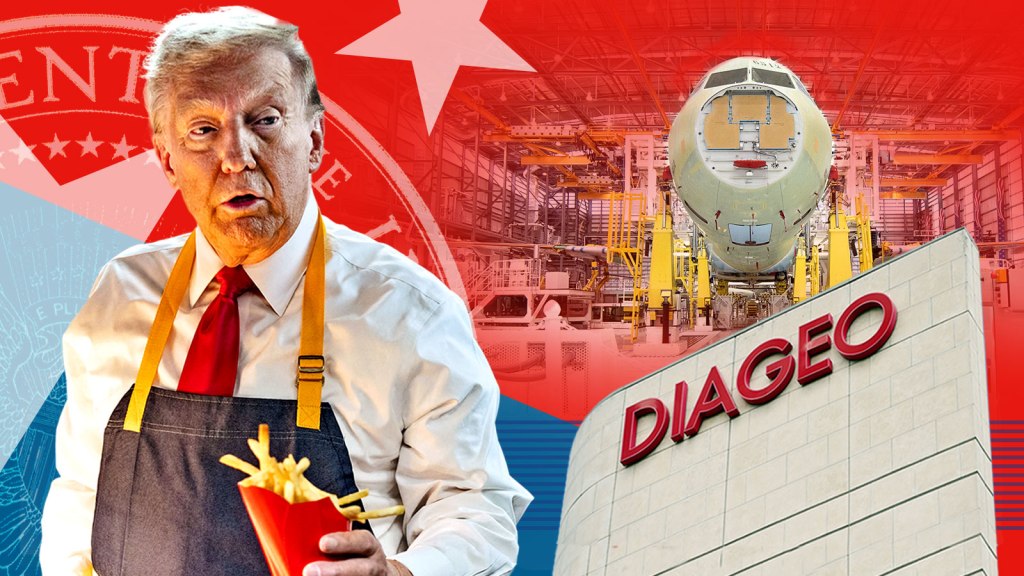



Post Comment